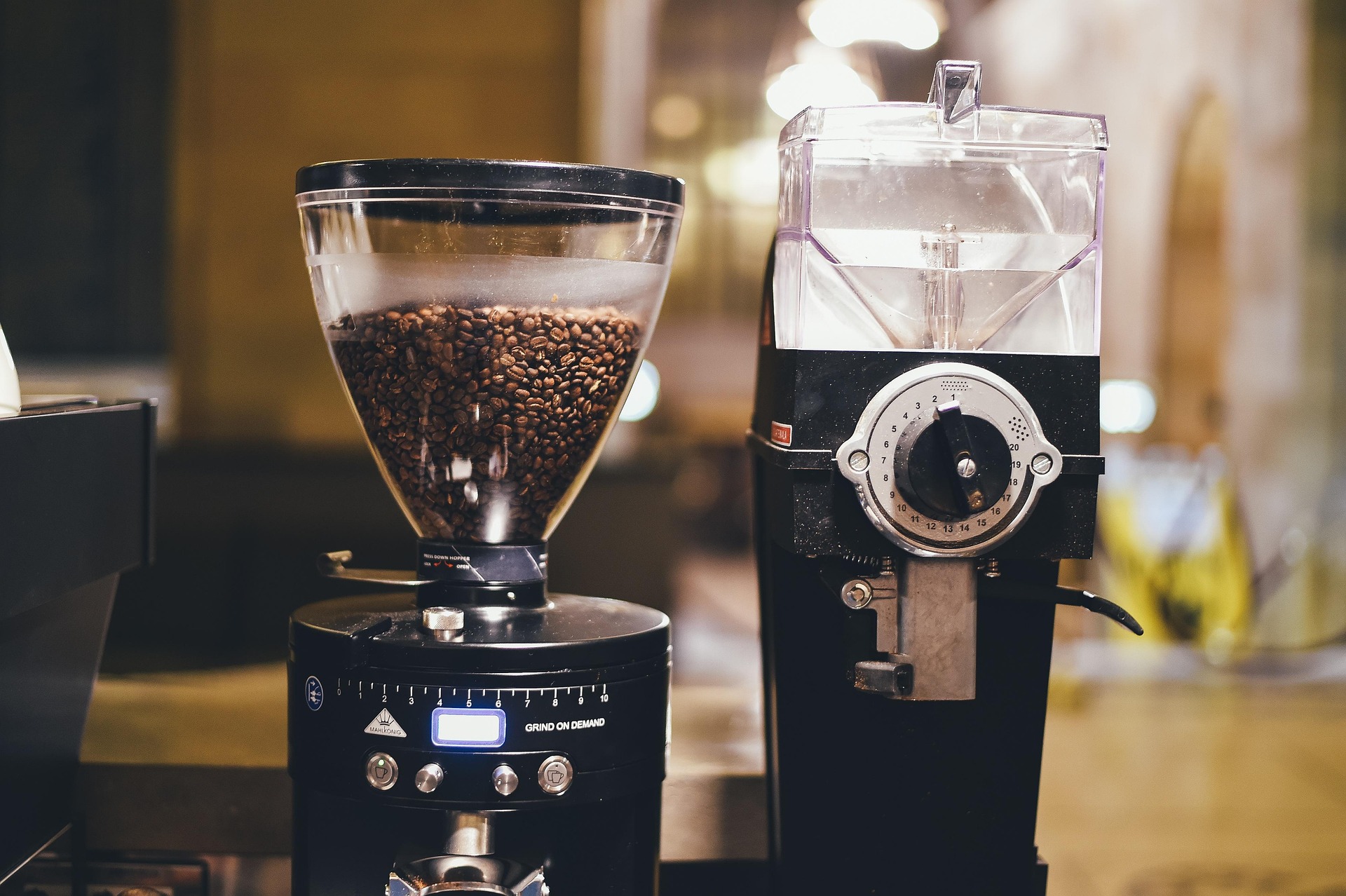Barista Jobs: Skills, Roles, and Career Paths
Working as a barista blends practical service skills with knowledge of coffee science and beverage preparation, and it can lead to roles in cafés, roasters, or hospitality. This article outlines typical barista responsibilities, skill development, workplace practices, and how career paths can differ by location, including Japan, while avoiding listings of specific active openings.
What does a barista do in a cafe?
A barista prepares espresso-based and other coffee beverages, operates grinders and espresso machines, and manages basic front-of-house duties in a cafe setting. Tasks commonly include taking orders, steaming milk to specified textures, pulling shots to consistent extraction, maintaining equipment cleanliness, and handling payments. Baristas also often engage customers about drink preferences and may help with light food preparation or display management, depending on the venue’s size and service model.
How can you develop coffee tasting and preparation skills?
Developing coffee skills begins with practice and guided learning: understanding bean origins, roast profiles, grind size, tamping, and extraction timing all affect flavor. Sensory practice—cupping or structured tastings—helps refine your palate for acidity, body, and aroma. Many cafes and roasters offer in-house training or workshops; online courses and specialty coffee resources provide structured curriculums. Building routines for consistency, taking notes on recipe adjustments, and seeking feedback from experienced peers accelerates progress while showing employers practical commitment.
What beverage knowledge and equipment should you learn?
Baristas should be familiar with espresso machines, grinders, pour-over equipment, and milk steaming wand techniques, as well as basic maintenance like backflushing and grinder calibration. Knowledge of beverage temperature, recipe scaling, and alternative milk behavior supports consistent product quality. Understanding food safety, allergen protocols, and portion control is also important, since beverage production often intersects with light foodservice. Practical familiarity with point-of-sale systems and inventory basics helps in smaller cafes where staff wear multiple hats.
How do barista careers differ in Japan?
In Japan, cafe culture often emphasizes attention to detail, presentation, and customer service etiquette that can shape a barista’s daily experience. Specialty coffee shops and kissaten-style cafes may prioritize manual brewing methods and ritualized service, while city chain cafes focus on speed and uniformity. Language and cultural norms affect communication with customers and colleagues, and local licensing or employment practices determine typical work patterns. Those seeking experience in Japan should be aware that workplace expectations and training approaches can vary considerably across regions and shop types.
How to find local cafe jobs and grow your resume?
When looking for cafe roles, consider local services such as hospitality staffing agencies, community job boards, or training programs offered by roasters and culinary schools. Tailor your resume to highlight practical skills—equipment names, beverage recipes you can execute consistently, customer service experience, and any food-safety certificates. Volunteering for events, doing short barista courses, or seeking shifts at high-volume cafes can build demonstrable experience. Note that this discussion describes general approaches to pursuing barista work and does not imply the presence of specific, active job openings.
Conclusion
Barista work combines technical beverage preparation with customer-facing service skills, and it can serve as a foundation for roles in roasting, quality control, shop management, or hospitality training. Progress often comes from deliberate practice, documented experience, and familiarity with equipment and beverage science. Whether you aim to work in a small local cafe, a specialty roastery, or explore opportunities in countries like Japan, focusing on consistent technique, clear communication, and an understanding of workplace practices will support steady career development.







